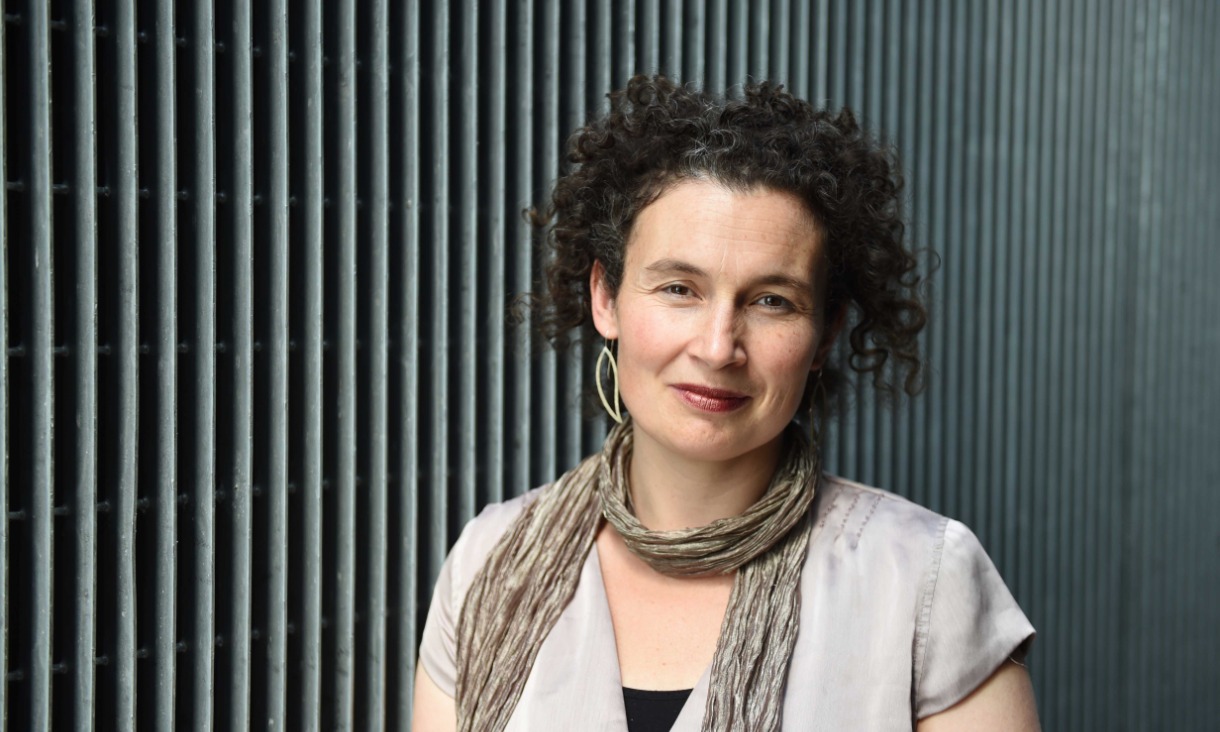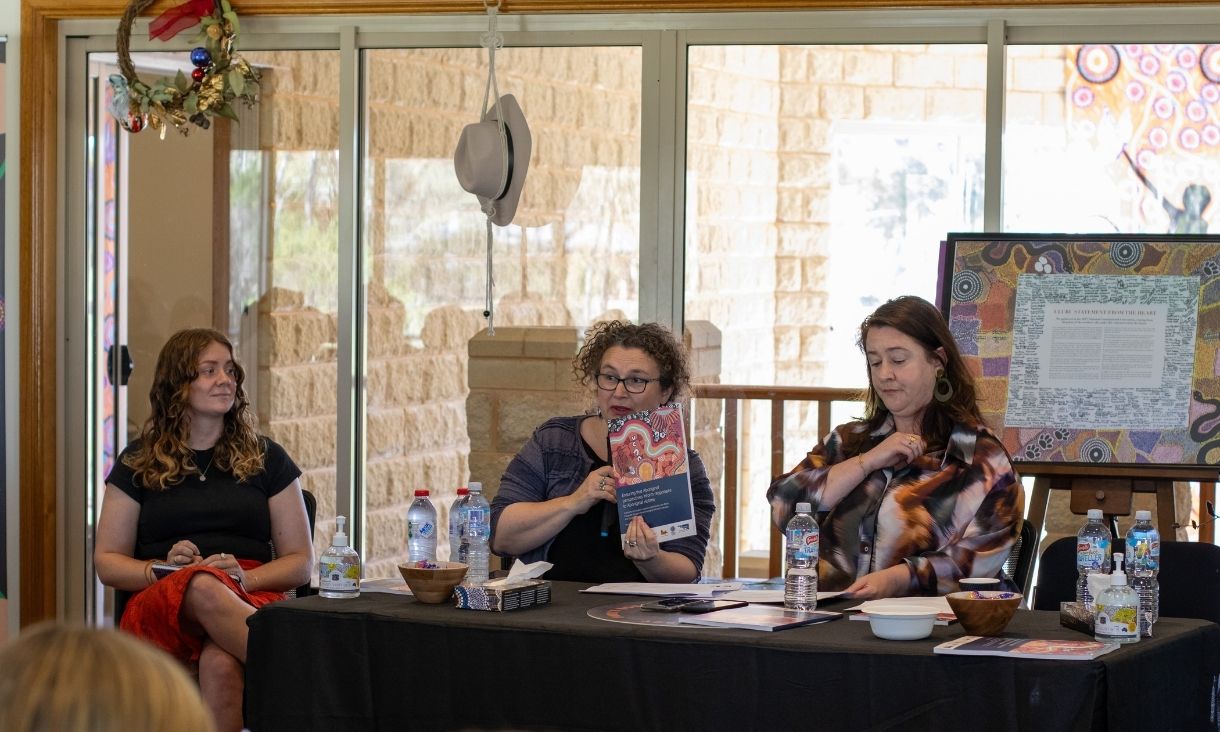CIJ Associate Director of Research, Advocacy and Policy, Elena Campbell said that most women charged with crimes needed support, rather than incarceration.
“In Victoria, imprisoning women no longer appears to be used as a measure of last resort,” she said.
“Instead, prisons are increasingly functioning as a substitute for the social and community support that women − many of whom are caring for children − need to overcome histories of trauma and acute disadvantage.
“Research indicates that exposure to trauma is nearly universal among women in prison, with an estimated 77% to 90% having experience of family violence, childhood sexual abuse or both.
“Aboriginal women in contact with the criminal justice system are grappling with the additional impacts of dispossession, including intergenerational trauma.
“Almost 50% of women in custody in Victoria are there on remand. That means that they have not yet been convicted of the offence for which they have been charged.
“Where women are convicted and sentenced, they have often been on remand for so long that they are then sentenced to ‘time served’ and released from custody.
“During that period, however, women have had limited access to services while their connections to children and community supports have been severed.
“This means that the experience of custody is profoundly damaging and makes it more likely that they will reoffend – hardly the result that the community would expect.”
The paper was launched via a virtual event attended by Minister for Corrections, Crime Prevention, Youth Justice and Victim Support, Natalie Hutchins.
The event featured a panel discussion with:
- Change the Record and Djirra CEO, Antoinette Braybrook.
- Law and Advocacy Centre for Women, CEO Elena Pappas.
- Justice Reform Initiative Executive Director, Dr Mindy Sotiri.
- Executive Officer of Flat Out, Elisa Buggy.
- CIJ advisor Dorothy Armstrong, who will share her lived experience of contact with the criminal justice system.
Campbell said investing early and in a whole-of-government way was essential.
“Developing specific justice responses for women would minimise the disproportionate harm, or double punishment, which women currently experience in the criminal justice system,” she said.
“Governments can find it tough to know where to start to solve this complex and growing challenge.
“We hope this issues paper lays the foundation for reform and shows how it can and should be done in a holistic way that keeps the community safe, supports women and their children and reduces broader harm.”
Story: Amelia Harris





